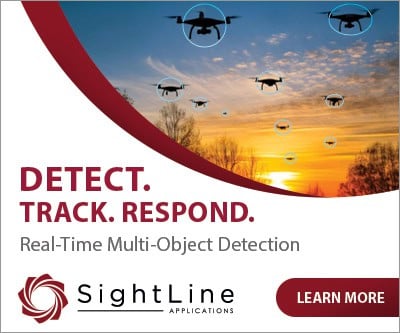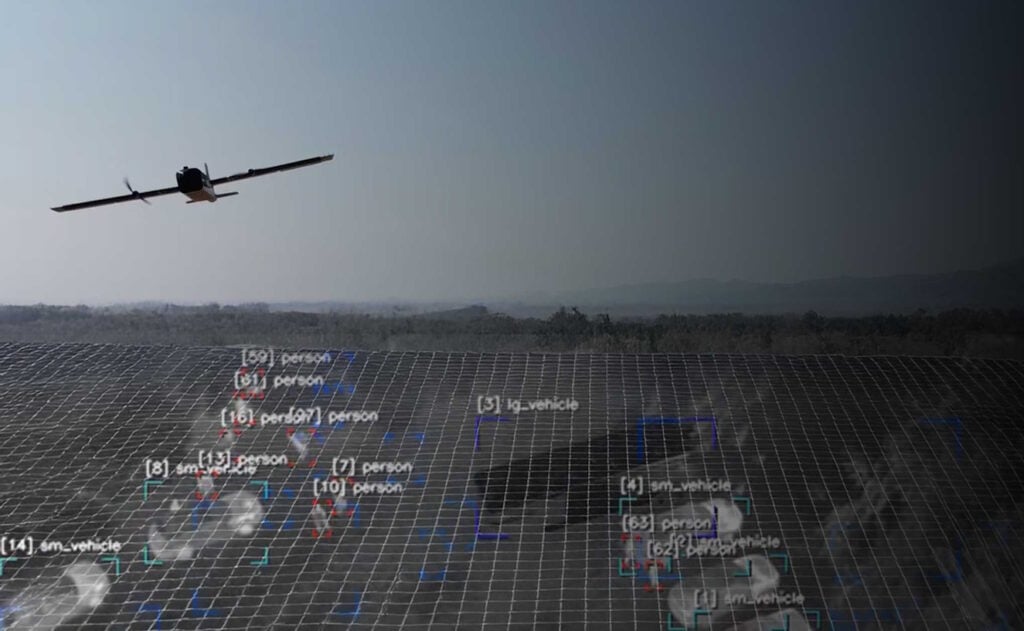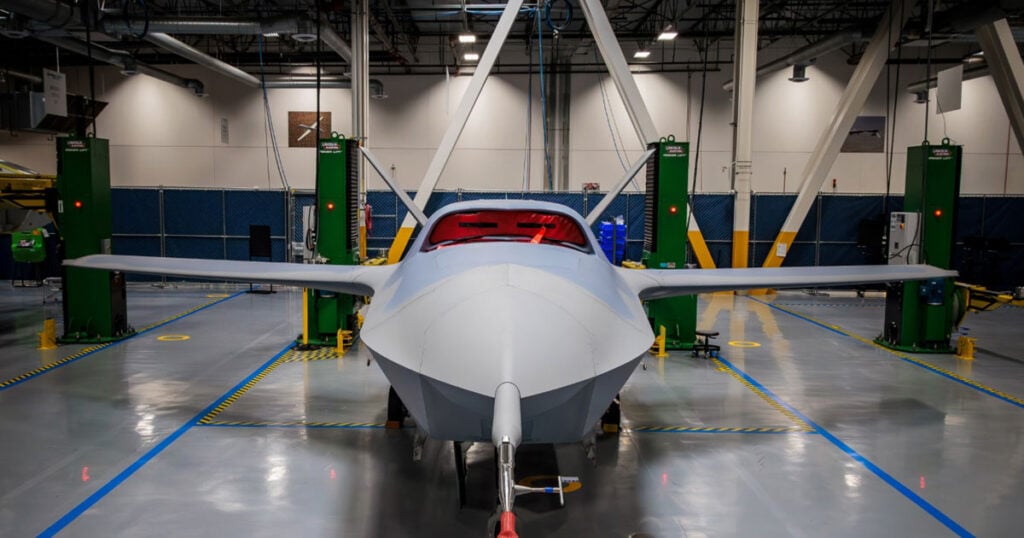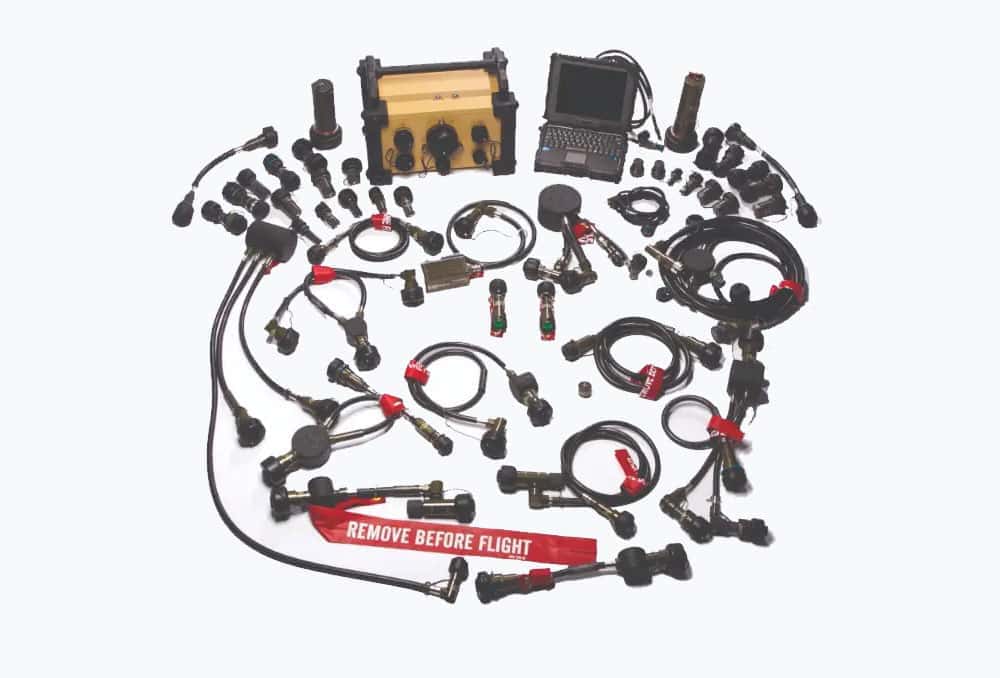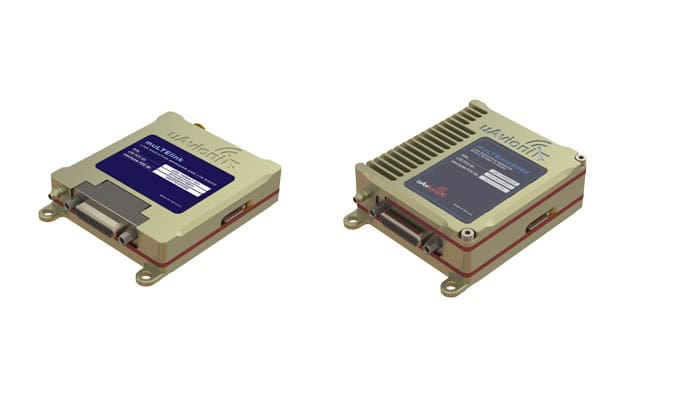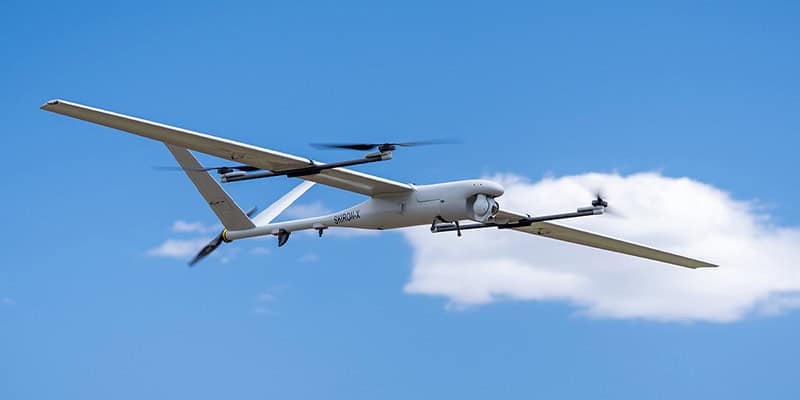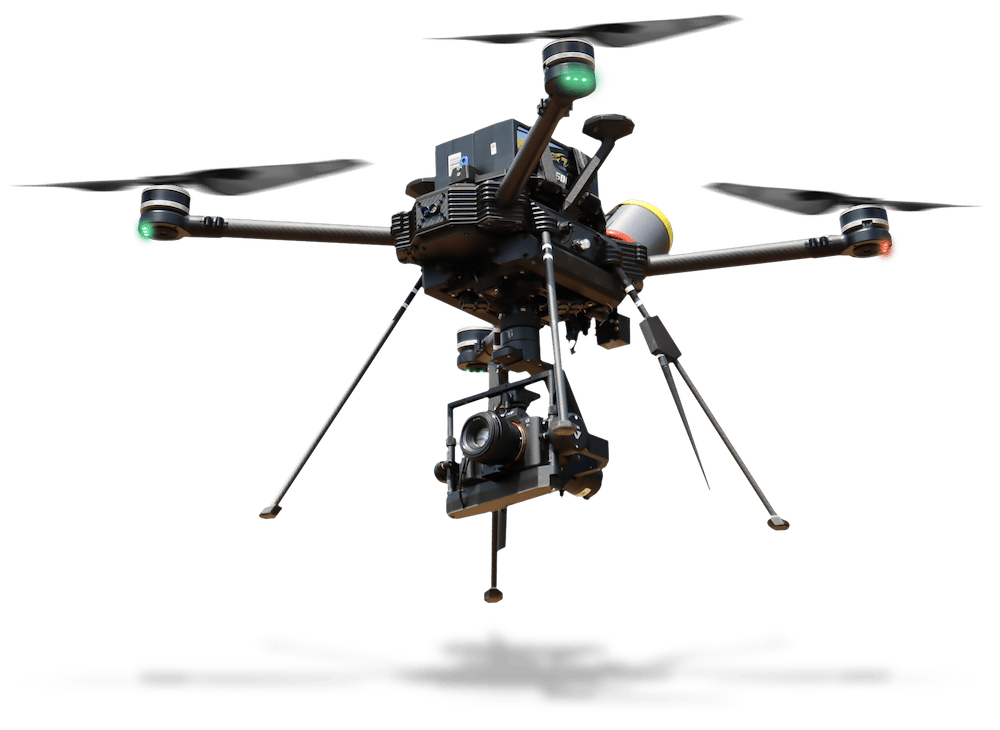
Military UAS
Discover cutting-edge solutions from 5 leading global suppliers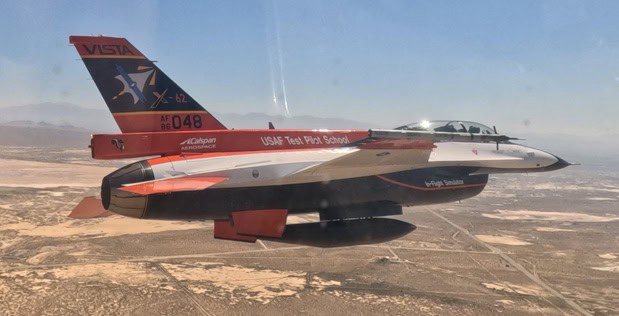
DARPA’s Air Combat Evolution (ACE) program has reportedly achieved the first-ever in-air tests of AI algorithms autonomously flying an F-16 against a human-piloted F-16 in within-visual-range combat scenarios.
In flight during these combat scenarios, sometimes called “dogfighting”, the ACE AI algorithms controlled a specially modified F-16 test aircraft known as the X-62A, or VISTA (Variable In-flight Simulator Test Aircraft).
These tests took place at the Air Force Test Pilot School at Edwards Air Force Base, California. All demonstrations of autonomous combat maneuvers took place there in 2023 and are continuing in 2024.
Impressive artificial intelligence advancements have been showing up in the news that have incredible promise, but these advancements are not often in relation to the aviation or space exploration industry.
The type of autonomy that has been used in aerospace from the beginning is Expert Systems or Rules Based Systems, which is very powerful under the right conditions and is still used today.
ACE is fundamentally different to this type of autonomy because it uses machine learning to analyze historical data to inform decisions for both present and future situations. This results in the discovery of insights that would otherwise have been imperceptible to humans, or at the very least challenging to express through conventional, rule-based languages.
This is incredibly useful in fluctuating environments and situations, where it is hard to establish robust rules. However, the understandability and verification of these results are holding researchers and engineers back from exploring this space further.
A breakthrough in machine learning is required to truly revolutionize aviation and space exploration. For instance there is currently no certification pathway for machine learning to be used and trusted in flight critical applications.
The ACE program is trying to develop a framework that will enable pilots to build well-calibrated trust in autonomy, and eventually use machine learning in a real world setting.
In this video, team members discuss what makes the ACE program unlike other aerospace autonomy projects and how it represents a transformational moment in aerospace history, establishing a foundation for ethical, trusted, human-machine teaming for complex military and civilian applications.





